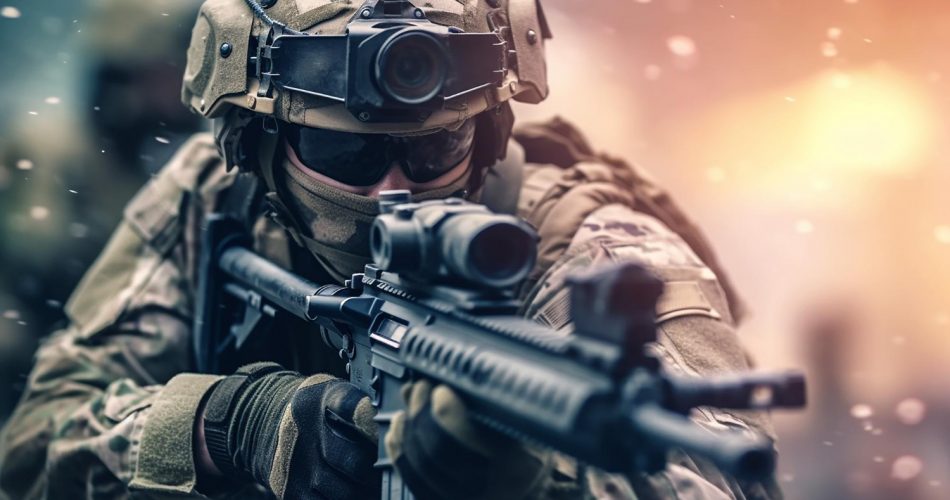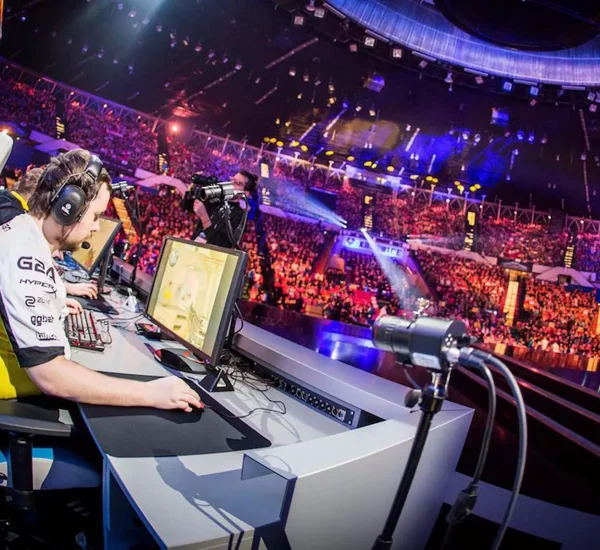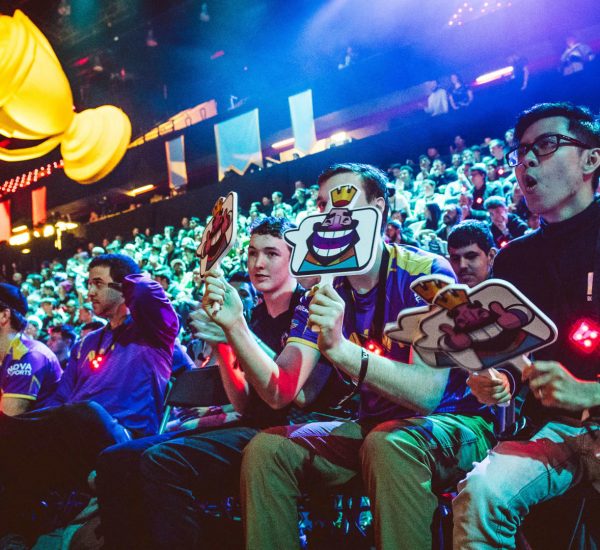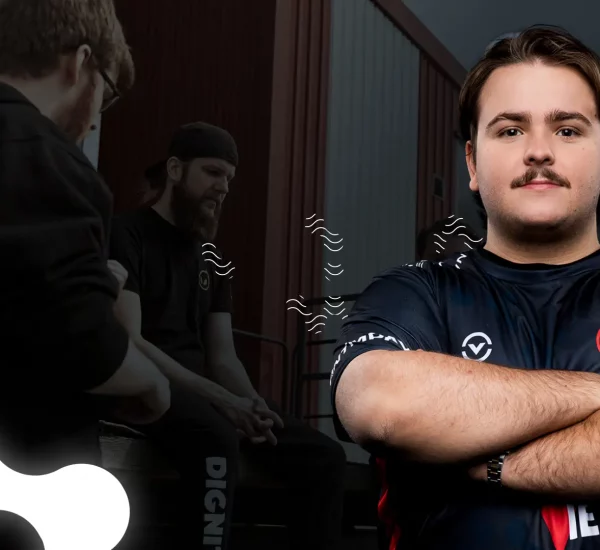Esports has evolved into a highly competitive and strategic domain where skillful execution and lightning-fast reflexes are just one aspect of success. Beyond the precise aiming and tactical maneuvers, the realm of mind games plays a pivotal role in determining the outcome of matches. Counter-Strike 2, a sequel to the iconic first-person shooter, has become a battleground not only for pixelated characters but also for the psychological warfare waged by players.
Understanding the Mental Battlefield
In Counter-Strike 2, two teams compete against each other: terrorists and counter-terrorists. While mastering weapons and maps is essential, players must also navigate the intricate landscape of their opponents’ minds. Psychological strategies are employed to outsmart rivals, gain a strategic advantage, and ultimately secure victory.
1. Deception as a Weapon
Deception is a cornerstone of mind games in Counter-Strike 2. Players often utilize fake strategies, misleading movements, and decoy actions to confuse their adversaries. Faking an attack or pretending to retreat can bait opponents into making suboptimal decisions, providing the deceiver’s team with a crucial upper hand.
2. Map Control and Psychological Pressure
Controlling the map is not just about physical presence; it’s also a psychological game. Teams that dominate key areas exert pressure on their opponents, limiting their options and forcing them to adapt to an unfavorable situation. This mental pressure can lead to lapses in judgment and tactical errors, providing an opening for the opposing team to exploit.
3. Reading the Enemy: Psychological Profiling
Top-tier Counter-Strike 2 players are adept at reading their opponents. They analyze playstyles, patterns, and tendencies, creating a psychological profile for each rival. This deep understanding allows players to predict enemy movements, anticipate strategies, and effectively counter them, turning the game into a mental chess match.
The Impact of Stress and Composure
Counter-Strike 2, like any high-stakes competition, induces stress and pressure. Maintaining composure in the face of adversity is a skill that can make the difference between success and failure. Players must manage their emotions, stay focused, and make critical decisions under intense circumstances.
1. Pressure Cooker Moments
In clutch situations where a player faces overwhelming odds, the ability to remain calm and make split-second decisions becomes crucial. The pressure cooker moments in Counter-Strike 2 demand mental resilience, and players who can stay composed often emerge as heroes, turning the tide of a match in their favor.
2. Communication and Team Dynamics
Effective communication is a psychological skill that significantly influences a team’s performance. Clear and concise communication enhances coordination, boosts morale, and fosters a positive atmosphere. Conversely, misunderstandings and tension can lead to chaos, affecting not only individual performance but also the overall team dynamic.
The Role of Mental Training
Recognizing the importance of the mental aspect of Counter-Strike 2, many professional players and teams invest in mental training. This includes practices such as mindfulness, visualization, and cognitive exercises aimed at sharpening focus, reducing anxiety, and enhancing decision-making abilities.



